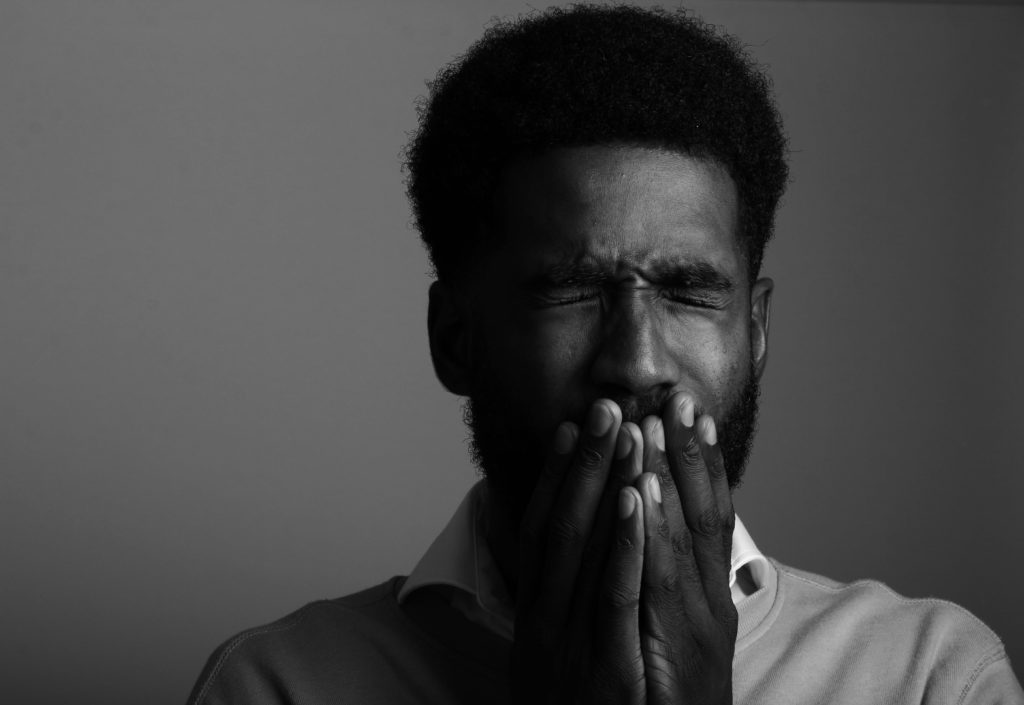Therapy for Depression
Depression

Using the term “depression” often limits our understanding of what’s really going on under the surface. Someone experiencing the typical symptoms of depression (such as loss of motivation and energy, a deep sadness, apathy and hopelessness, etc.) will often feel there will never be relief from depression. Therefore, a primary goal or foundational component to the therapeutic process is to realize that relief can be found by looking beyond the symptoms.This allows us to go deeper, to explore the underlying, root issues and causes. With the support of new perspectives, meanings and gained understanding, we can begin to transition from the pains of our past into the possibilities of our future.
What Causes Depression?
While anxiety can be triggered by our fears and assumptions about our future, depression is often caused by our unhealthy attachments and the negative meanings we’ve given to past experiences, memories and situations. The root causes of depression can often be linked to the discrepancy or conflict between our childhood and adult selves. The coping strategies, behaviors and roles we developed in our childhood which, at that time, served us well, can often be damaging when brought into our present day experiences as adults. Confirmation bias can perpetuate unhealthy choices, behaviors and perspectives in order to validate our feelings and experiences, even if they are causing harm. The tension between what is and what we feel about what is, is the internal conflict that can cause depression symptoms. I aim to cultivate and encourage curiosity and wonder about the dissonance.
Within the therapeutic relationship, we safely and intentionally look at our family of origin, our childhood and our past experiences or traumas in order to reexamine that which created who we were and how we coped. We explore our sense of self, our identity, our esteem and the roles we play. We learn to love ourselves and make healthy choices to demonstrate that love. The goal is to gain insight into our patterns. For example, how and where we seek validation and how we exercise our power in self determination.
Therapy for Depression
I help clients look beyond their symptoms to the underlying issues. My therapeutic approach to treatment for depression focuses on building strength within and learning healthy coping skills that are sourced from intentional choice. One of the most powerful skills is to exercise one’s power of self determination: The practice of controlling how we experience the world rather than feeling controlled by the world we experience.
Something as simple as an initial phone call (an act of self determination) to set up a therapy appointment demonstrates awareness and curiosity that will serve you well during therapy. Even in the midst of feeling depressed, there is a part of you that knows there is a better way to live. When did you last use that part of yourself? When did you lose that part?
My hope for everyone is to practice their potential and develop the self worth necessary for a life of self determination. Our problems do not go away by themselves or by our repeated attempts to fix them. Our problems go away when we fix ourselves and our belief we can handle them when they arise.